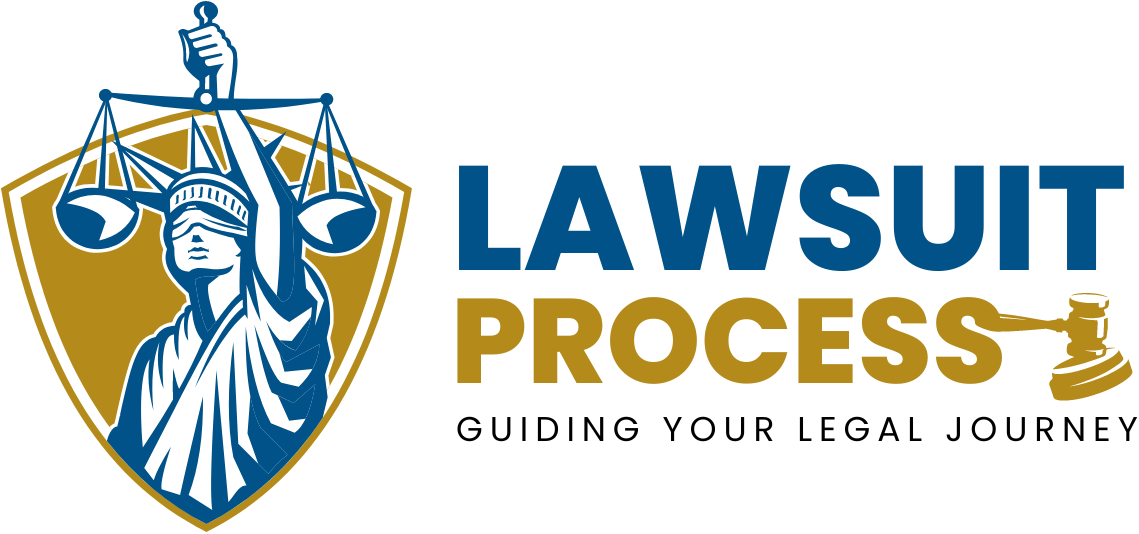A will is a legal document that expresses a person’s wishes regarding the distribution of their assets after death. In the United States, wills are governed by state laws, which can vary significantly from state to state. Despite the legal protections designed to ensure the validity of a will, disputes over its authenticity or fairness can still arise. Such disputes can lead to a lawsuit, commonly known as a will contest. This article provides a detailed explanation of the validity of the will lawsuit process in the United States, exploring the reasons for contesting a will, the legal grounds for doing so, and the general procedures involved.
What is a Will?
A will, also known as a “last will and testament,” is a written document in which an individual, known as the testator, specifies how they want their assets to be distributed upon their death. In addition to distributing assets, a will can also name guardians for minor children, establish trusts, and designate an executor to manage the estate. The validity of a will depends on several factors, including compliance with state laws, the mental capacity of the testator, and the absence of undue influence or fraud.
Why Contest a Will?
A will may be contested if there are concerns about its validity. This typically occurs when an heir, beneficiary, or interested party believes that the will does not reflect the true intentions of the testator or that it was executed improperly. Some of the most common reasons for contesting a will include:
- Lack of Testamentary Capacity: The testator did not have the mental ability to understand the nature of the will, the extent of their assets, or the consequences of their decisions.
- Undue Influence: The testator was coerced or pressured by another person into making specific provisions in the will that do not reflect their true wishes.
- Fraud or Forgery: The will was created through fraudulent means or forged, making it invalid.
- Improper Execution: The will was not signed or witnessed according to the laws of the state in which it was executed.
- Revocation: The will was revoked by the testator prior to their death, either by creating a new will or by other means recognized by state law.
Legal Grounds for Contesting a Will
To successfully contest a will, the person challenging it must have standing, meaning they must be affected by the will’s outcome. Typically, this includes beneficiaries named in the will, beneficiaries under a previous will, or intestate heirs (people who would inherit if there were no will). Once standing is established, the contestant must prove one or more legal grounds to invalidate the will:
1. Lack of Testamentary Capacity
Testamentary capacity refers to the legal and mental ability of the testator to create a valid will. To have testamentary capacity, the testator must understand the following:
- The nature of making a will
- The extent and value of their assets
- The natural objects of their bounty (i.e., their heirs and beneficiaries)
- The consequences of their decisions as outlined in the will
If it can be shown that the testator lacked any of these components due to mental illness, dementia, or other factors, the will may be deemed invalid. However, proving lack of capacity can be difficult, as courts generally presume that a person who makes a will has the necessary mental capacity unless there is clear evidence to the contrary.
2. Undue Influence
Undue influence occurs when someone uses excessive pressure or manipulation to force the testator to make specific provisions in their will that they would not have otherwise included. For example, a caregiver might convince an elderly person to leave them a larger share of the estate, even though that was not the testator’s original intent. Proving undue influence requires showing that the testator’s free will was compromised and that the person exerting the influence had a significant relationship with the testator.
3. Fraud or Forgery
If a will is found to be fraudulent or forged, it will be considered invalid. Fraud might involve misleading the testator about the contents of the will or tricking them into signing a document they did not understand. Forgery occurs when someone else signs the will or alters its provisions without the testator’s knowledge or consent. These acts of deception must be proven with solid evidence, such as witness testimony or handwriting analysis.
4. Improper Execution
Each state has specific laws regarding how a will must be executed for it to be valid. Common requirements include:
- The will must be in writing.
- The testator must sign the will.
- The will must be signed in the presence of at least two witnesses, who also sign the document.
- The testator must declare to the witnesses that the document is their will.
If any of these formalities are not followed, the will may be invalidated. Some states also allow for “holographic wills,” which are handwritten and do not require witnesses, but these wills must meet additional criteria to be deemed valid.
5. Revocation
A valid will can be revoked by the testator at any time before their death. This can be done by creating a new will, destroying the old one, or by other methods outlined in state law. If a will was revoked but later presented as valid, it can be challenged and deemed invalid in court.
The Will Contest Process
Challenging the validity of a will is a complex legal process that typically takes place in probate court. Below is a general outline of the steps involved in contesting a will:
Step 1: Filing a Contest
The first step in contesting a will is filing a petition with the probate court in the jurisdiction where the will is being probated. This petition must be filed by someone with standing, such as a beneficiary, heir, or other interested party. The petition should outline the grounds for contesting the will and provide any supporting evidence or documentation.
Step 2: Discovery
Once the contest has been filed, the parties involved will engage in the discovery process, during which they gather evidence to support their respective claims. Discovery may include obtaining medical records, financial documents, and witness testimony. In cases involving fraud or forgery, experts may be brought in to examine the authenticity of the will or the signatures on it.
Step 3: Mediation or Settlement
Many will contests are resolved through mediation or settlement, rather than going to trial. In mediation, a neutral third party helps the disputing parties reach a mutually agreeable resolution. Settlements can be negotiated to avoid the time, expense, and uncertainty of a trial. In some cases, the parties may agree to split the estate differently or make other concessions to resolve the dispute.
Step 4: Trial
If the parties cannot reach an agreement through mediation or settlement, the case will proceed to trial. During the trial, both sides will present their evidence and arguments before a judge. In some cases, the contest may be heard by a jury, depending on the state’s probate laws. The burden of proof is on the party contesting the will, meaning they must provide sufficient evidence to convince the court that the will is invalid. The court will then make a ruling based on the evidence presented.
Step 5: Appeal
If either party is dissatisfied with the outcome of the trial, they may have the option to appeal the decision to a higher court. However, appeals are typically limited to legal errors made during the trial, rather than a re-examination of the facts. Appellate courts generally review the lower court’s decision for procedural fairness and proper application of the law.
Statutes of Limitations for Contesting a Will
One of the most important aspects of contesting a will is the statute of limitations, which is the time frame in which a will contest must be filed. The statute of limitations varies from state to state, but in most cases, the contest must be filed within a few months to a few years after the will has been admitted to probate. If the contest is not filed within the statute of limitations, the court will likely dismiss the case, and the will’s provisions will remain in effect.
Costs of Contesting a Will
Contesting a will can be an expensive process, especially if the case goes to trial. Legal fees, expert witness costs, and court expenses can add up quickly. In some cases, the estate may cover the legal costs of defending the will, but the contesting party is typically responsible for their own expenses. Some attorneys may work on a contingency basis, meaning they only get paid if the contest is successful, but this arrangement is less common in will contests than in other types of litigation.
Consequences of Contesting a Will
Before contesting a will, it’s important to consider the potential consequences. In some cases, a will may contain a “no-contest clause,” which states that any beneficiary who challenges the will and loses will forfeit their inheritance. While not enforceable in all states, no-contest clauses can be a significant deterrent to filing a contest, especially if the potential gain is uncertain.
Conclusion
The validity of the will lawsuit process in the United States is a complex and challenging legal matter that involves navigating state-specific laws and presenting convincing evidence. Whether based on claims of undue influence, lack of capacity, or improper execution, contesting a will can be a lengthy and costly endeavor. Individuals who believe they have legitimate grounds for challenging a will should seek legal advice to better understand their options and the likelihood of success. At the same time, testators can take proactive steps to minimize the risk of a will contest by ensuring their will is properly executed and by addressing potential disputes during their lifetime.










